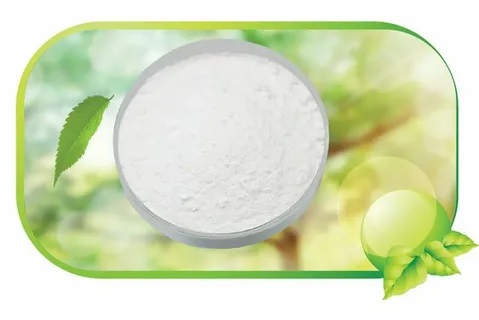Phytosterols Dietary Supplements Are Used Widely All Over the World As It Offers Health Benefits Such As Reduced Absorption Dietary Cholesterol
Although phytosterols are believed to have several health benefits, many studies suggest that they are also associated with an increased risk of heart disease. Phytosterols are believed to increase the buildup of plaque in the arteries, which increases the risk of atherosclerosis and heart disease. Moreover, increased plaque can narrow arteries, making them more difficult to pump blood. Moreover, phytosterols are also linked to a genetic condition known as sitosterolemia, which causes the body to absorb excessive amounts of these chemicals.
Phytosterols inhibit the absorption of cholesterol in the intestine by regulating
several transporters. Thus, they reduce the absorption of dietary cholesterol
and serum LDL cholesterol, however, do not affect HDL cholesterol. So, it may be
a better alternative to statins for lowering serum cholesterol. These compounds
also promote bile acid sequestration. Furthermore, they promote the synthesis
of the LDL receptor and de novo cholesterol synthesis.
While
dietary supplements of phytosterols are widely available, there are a few
things to keep in mind. The FDA recommends a daily dose of 130 mg per kilogram
of weight. That means that a child weighing 50 kg could consume as much as 6.5
grams of phytosterols per day. As with any supplement, it is best to consult a
medical professional before starting to take phytosterol supplements. Although
phytosterols are not found in all foods, they are common in plant-based diets.
These compounds have been found in foods from palm oil to coconut oil, as well
as in certain cereals. They affect the absorption of fat-soluble vitamins and
may cause problems in children and pregnant women.
Although
plant-based foods contain cholesterol, they do not contain significant amounts.
They are primarily sterols in the body and are the structural component of
plant membranes. The plant family in which it grows has an impact on
phytosterol composition. Leaf tissues contain different types of sterol
glycosides, such as b-sitosterol and stigmasterol. These are linked to the sugars
in the cells through a glycosidic bond. In December 2021, Kensing entered into a distribution agreement with Azelis for vegetable oil-based vitamins and
phytosterols of Kensing in the Middle East, Africa, and Europe.




Comments
Post a Comment